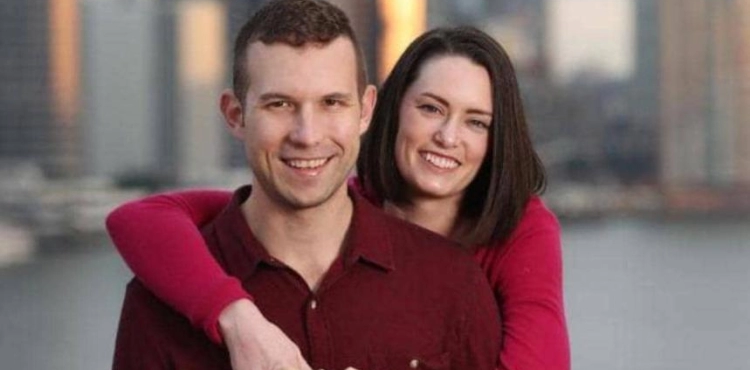A woman rescued her partner´s life from a distance of 22,500 kilometers quickly with her intuition and thinking after realizing he was not acting normally and that he might suffer a stroke during an international phone call.
Madison Trudel was calling her partner Joseph Satterfield in Brisbane, Australia, while she was in the United States, when she noticed that he was pulling his words, mixing and mixing words, according to the Daily Mail.
During a telephone conversation with Joseph, 31, Madison was worried about her partner, after his words became unclear, so she called a mutual friend to help him and be with him.
According to the Australian newspaper "Courier Mail", Joseph suffered a stroke and it was the quick thinking and quick wit of his partner that saved his life.
Madison said she kept Joseph on the phone and talked to him over the phone as she was making another call to help him. "He looked scared. He realized there was something wrong but he didn´t know what it was," Madison said.
Madison explained that she was able to contact a mutual friend, who in turn rushed to call emergency services, and then rushed alongside Joseph to stay with him and support, until the arrival of the ambulance, where he was taken to the hospital for a quick operation to remove the clump that caused the stroke, save his life and avoid severe neurological damage Madison said she knew, by chance, the signs and precursors of stroke.
While Joseph lost every feeling on the right side of his body, Madison´s quick thinking prevented worse.
Joseph later regained his ability to walk after spending some time in rehabilitation, and also with the support of his partner.
Doctors said Madison´s timing and quick action were crucial in avoiding further damage to the brain of her partner Joseph.
It is noteworthy that the number of young people who suffer strokes in Australia is alarming, as strokes are one of "the biggest killers in Australia and the main cause of disability," according to the Foundation for Stroke Control.
Australia currently has about 142,500 working-age stroke survivors, with 30 percent of stroke patients under the age of 35.












